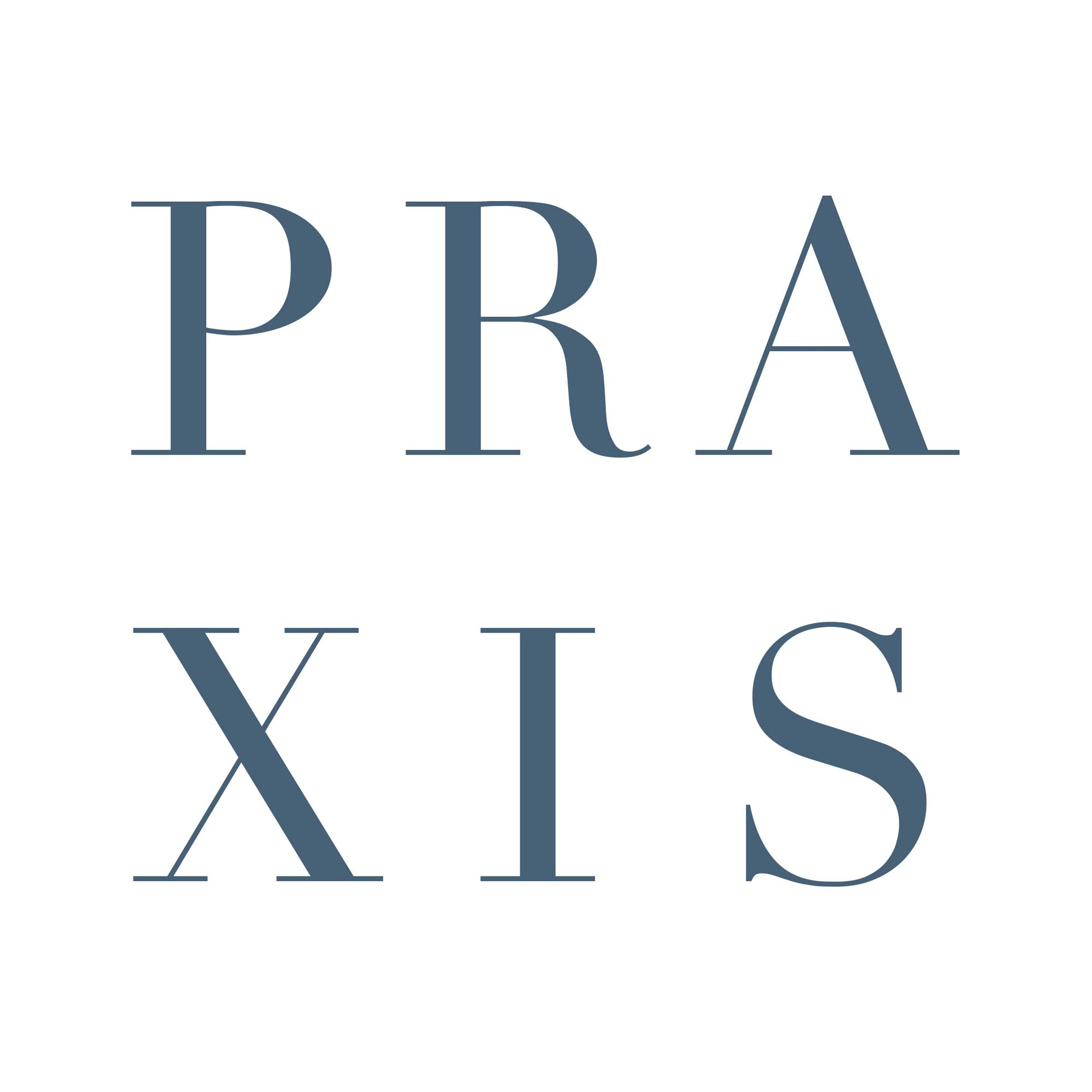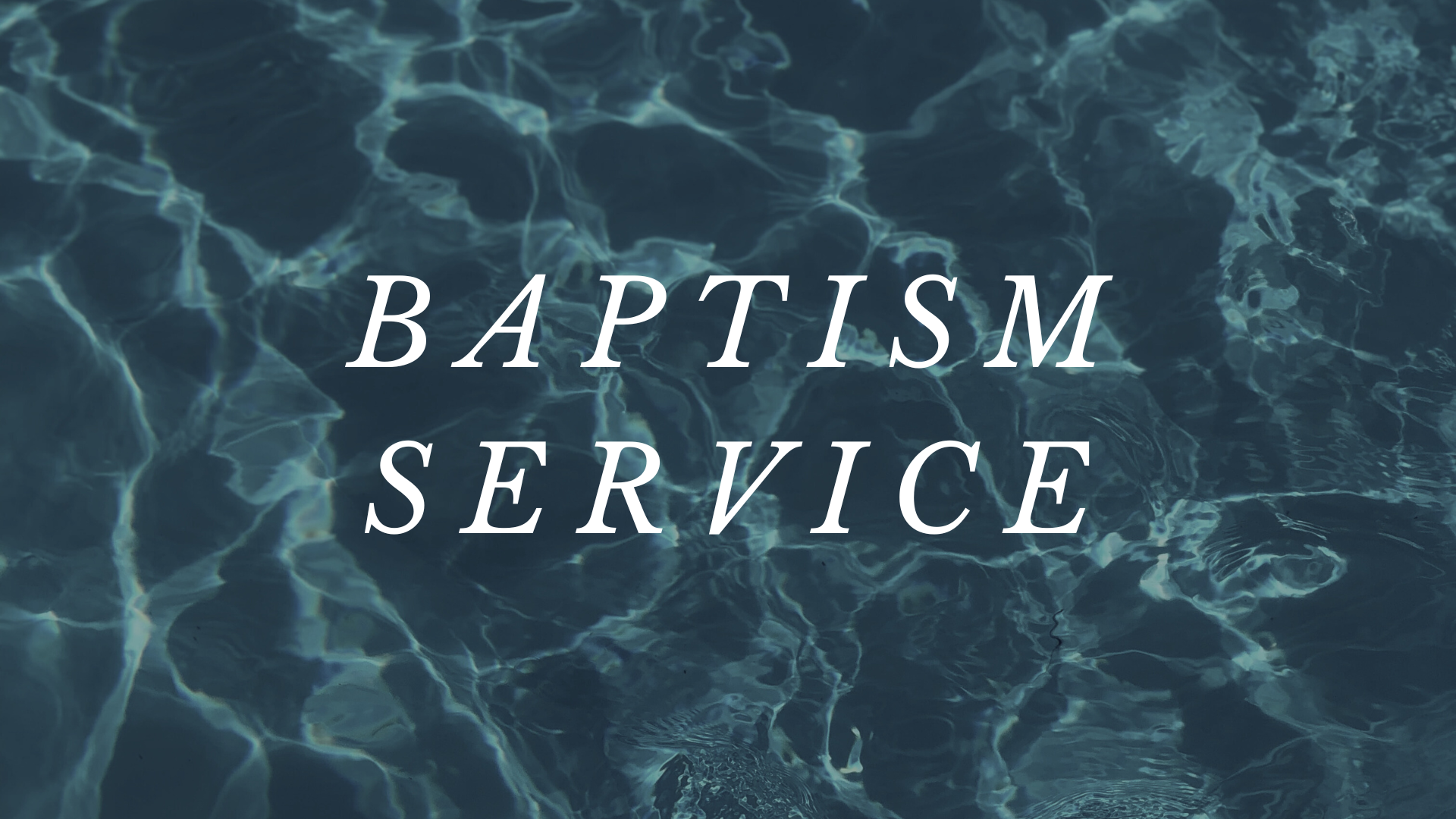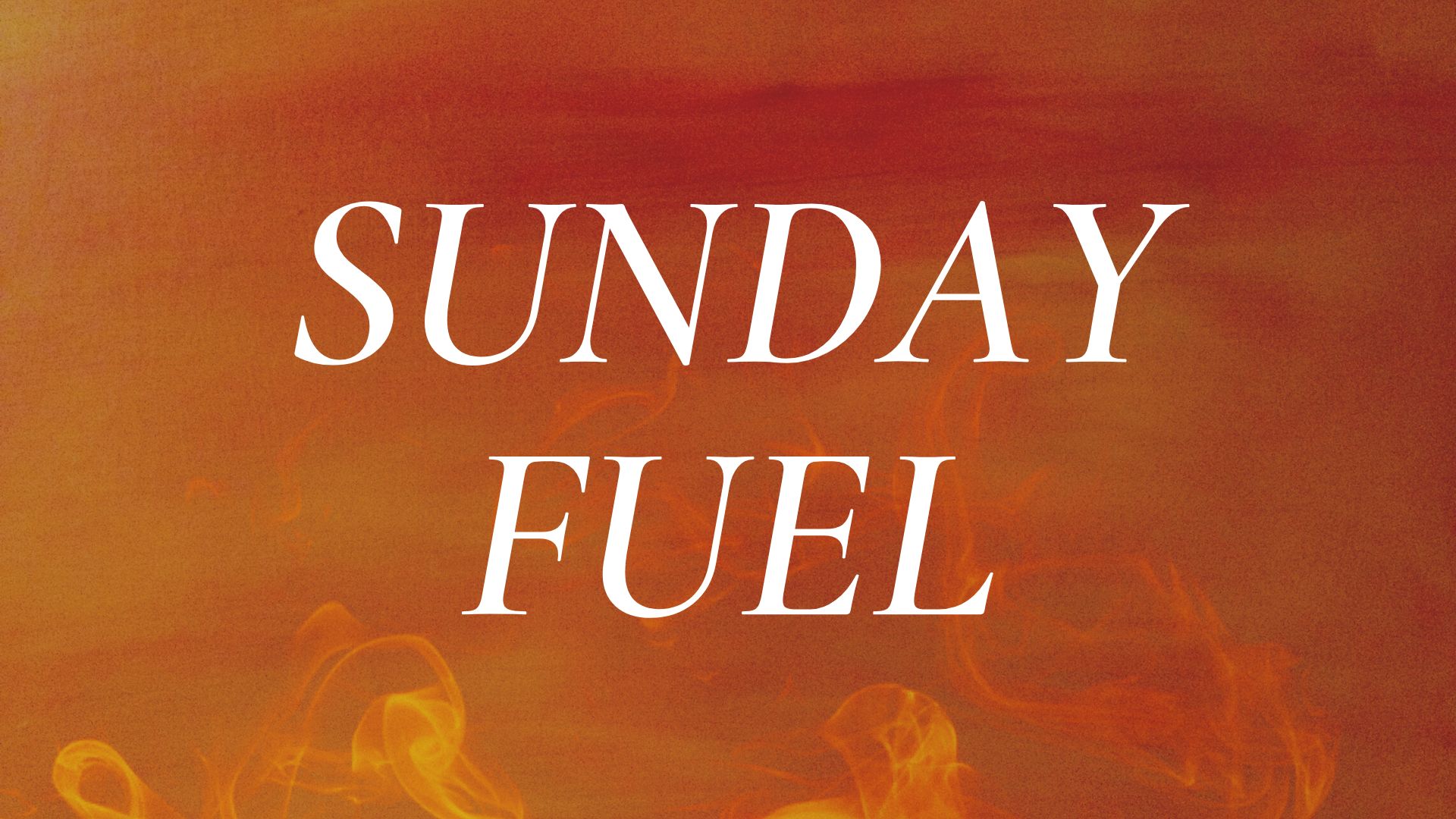Confession: I don’t know how to pray very well. That might be surprising if you know how involved I am in various ministry and prayer activities at Lighthouse and the fact that I actually help organize our church’s monthly Prayer Gathering. Yes, I am fully convinced that prayer is not optional but foundational to my relationship with God. I do a “quiet time” most days and frequently pray short prayers as needs arise. But I just don’t do it well.
I would say my prayer life could best be described as “adequate.” I remember to thank God for what He has provided. I ask Him for help for myself and on behalf of others. But much of my prayer time has the quality of repetitively requesting things on a shopping list rather than talking, sharing, praising, or even pleading with someone I love. It feels surface, not deep. It doesn’t resemble the constant, fervent, wrestling in prayer of the apostles; it isn’t the pouring out of the soul like the psalmists. I’ve struggled with this a long time. In 2012 I wrote a blog post about how I was trying to grow in prayer, about how I was good at the “T” and “S” of the ACTS prayer acrostic (Adoration-Confession-Thanksgiving-Supplication), but my “A” and “C” needed work. But sadly, eight years later I haven’t made much progress. I’ve read books and tried different methods. I’ve occasionally fasted and gone on personal retreats. Still, an adequate prayer life was better than no prayer life, right? It worked well enough for everyday life…until mid-March this year when COVID-19 changed everyday life as we know it. Everything was crazy and out of control and I knew my adequate prayer life just wasn’t good enough. Adequate was no longer adequate.
All of us have a shared memory of the early days of the quarantine. Nothing on store shelves, not being able to see friends, restaurants and gyms closed, misinformation, uncertainty, chaos. Everything was changing and no one knew what would happen next or when it would end. The things I typically turned to in times of difficulty (hangouts, recreation, entertainment) were being stripped away, and this was scary. It wasn’t that I was totally freaking out but I was definitely unsettled. I wanted to be able to say, “Your grace is sufficient for me” with absolute conviction, but I wasn’t sure that I could with my whole heart. In my mind I knew that this was God, that He was allowing this pruning, that somehow all these things would turn out for His glory even though I didn’t understand it. By grace, God was revealing to me fractures that only He could fill. And in His unexpected means of grace, God was making available time to work on the things I always said I would when I had more time, no excuses. As confirmation, Pastor Kim exhorted us, “Don’t waste your quarantine.” I knew the time to move my prayer life beyond “adequate” was now or never.
I don’t mean prayer for the sake of prayer. But prayer that would draw me closer to God, that deepened my reliance, love, awe/fear of God, that led me to always turn to Him first instead of my usual habit of numbing myself with distractions and then maybe turning to Him later. I wanted to be like a “tree planted by streams of water,” not like “chaff that the wind drives away” (Psalm 1). I knew my relationship with God could only be as deep as my prayer life, and right now that wasn’t very deep. If my interactions with God were depicted as a human relationship, then my frequent tendency to lob quick prayer bombs at God asking Him to grant my requests might sound something like this: “Hi again, I need help with this and this, could you please do it? Oh and thanks for that thing yesterday that I forgot to say thanks about. You’re the best! And thank you for loving me and saving me for eternity. Sorry I’m kind of in a rush right now so no time to talk, but you know I love you, right? Maybe I’ll talk to you for five minutes tomorrow morning if I’m not doing something else. See ya!” Obviously this wouldn’t be acceptable for a human relationship, yet many of my interactions with God were not far from this. I needed to change.
By April when the “new normal” was starting to feel normal, I was ready to get to work. Here is my journey.
Stage I: A frenzy of effort (April and May)
I wasn’t quite sure how to get where I needed to go, so in desperation I decided to try everything I could think of and see what worked.
What I did:
- Read Praying with Paul
- Created a reminder to do my quiet time every afternoon (Bible reading plan and prayer)
- Resolved to pray from Prone to Wander every day to help me grow in confession
- Decided to pray through the Psalter (aka the book of Psalms) since it was the songbook of worship for the Israelites, trying to pray through each one as if the words were my own. (Finished in 45 days, praying twice a day)
- Read the “12 Reasons You Should Pray Scripture” and “Tips for Praying the Word” (Piper) and became convinced that praying scripture was the way forward
What I learned:
- Bible reading is easy; prayer is hard (and trying to grow in adoration and confession when I don’t really know how is extra hard)
- Designating a time and place really helped make my daily quiet time happen, compared to trying to squeeze it in somewhere
- Dietrich Bonhoeffer’s challenging words helped me complete my goal: “It does not depend, therefore, on whether the Psalms express adequately that which we feel at a given moment in our heart. If we are to pray aright, perhaps it is quite necessary that we pray contrary to our own heart.” By endeavoring to pray the entire Psalter even if I thought a particular psalm was contrary to what I was feeling, I often discovered the psalmist was expressing things I hadn’t even been aware I was feeling
- Praying psalms at night was calming. It set my heart at rest and helped me not succumb to the distractions on my phone that often delayed my bedtime.
- Praying Paul’s scriptural prayers was surprisingly difficult for me. I was disheartened. What was I doing wrong? And why did it still feel like my prayer life was wading in the shallow end?
Stage II: Mostly stuck and discouraged (June and July)
What I did:
- Feeling discouraged, I stopped doing my quiet times for two weeks
- Began feeling restless and disappointed in a way I hadn’t felt since the beginning of quarantine
- Restarted quiet times; restlessness hasn’t returned since
- Read Dark Clouds, Deep Mercy on learning to lament in prayer
- Still found it calming to read psalms before bed
What I learned:
- The concept of lament granted me a new sense of freedom in prayer. Before, I was afraid to “complain” in prayer, as if it meant I was saying God was wrong. Vroegop says humble lament isn’t the opposite of praise but instead a path towards praise as we are led through our brokenness and disappointment. Nearly every instance of lament in the Bible has a “but” moment where the lamenter turns his downcast eyes toward truths about God (see Lamentations 3:21). It was starting to become ok for me to share more of my troubles with God and ask Him how long or why. I was beginning to dip my toe into the deeper end of prayer
Stage III: Searching for treasure (August to present)
What I’m doing:
- Bought an ESV Scripture Journal: Psalms so I could freely underline, box, scribble, doodle, write, etc, doing a deeper exploration of one psalm a day. (The “Psalms of the Day” method helps me quickly pick one.) The only rule is to read and reread until it sinks in. Sometimes a verse prompts me to write a one-sentence prayer response to God; sometimes I write observations about God. Sometimes I simply copy the verse I just underlined, rewriting it word-for-word onto the blank page, as a type of “amen.” Then I pray and tell God what I learned about Him!
- Next I check Eugene Peterson’s Praying with the Psalms devotional. It’s short, simple, and close to the text. What an encouragement when I find I’ve focused on the same verse he has!
- Switched my quiet time to the morning, inspired by Psalm 5:3 and by George Müller’s example
- Started memorizing verses I’ve particularly liked. I love the prophet Jeremiah’s description of taking in God’s words: “Your words were found, and I ate them, and your words became to me a joy and the delight of my heart” (15:16)
- Read Tim Keller’s Prayer which contains much helpful guidance from Augustine, Luther, and Calvin that I want to revisit
What I’m learning:
- Marking up the text is fun! I’ve started to feel like I am on an expedition to discover God. It’s as if God is a multifaceted diamond and all these years I’ve only been polishing up two or three facets while all these other facets of God’s character have sat covered in dust, undiscovered and unappreciated. And when I uncover one, I experience the thrill of discovery and I’m excited to tell God about who He is. In a nutshell, adoration has started pouring out of me without little effort simply because I’m focusing on God. This is my new quarantine skill!
- George Müller said, “I saw more clearly than ever, that the first great and primary business to which I ought to attend every day was, to have my soul happy in the Lord” I’ve started to see that as my goal (though it’s not usually first thing in the morning.)
Six months and finally, a major breakthrough. By no means have I “made it.” But I am growing. In this season I’ve thought a lot about why “T” (Thanksgiving) and “S” (Supplication/asking for things) have never been difficult for me, while “A” (Adoration) and “C” (Confession) have been such a struggle. Part of it is sinful pride. Another part came to light when comparing the difference between thanksgiving and adoration: thanksgiving is about the things God has given while adoration is about who God is. I’ve realized my struggle is actually a manifestation of desiring the gifts more than the Giver. I know I’ve looked down at people who view God as a cosmic Santa Claus, and now I’ve made the shameful discovery that I am one of those people, more or less. When I see it this way, it makes perfect sense why Supplication and Thanksgiving have been easy for me while Adoration and Confession have been hard.
I look back at the way I struggled in the first four months and see that so much of it was me just trying to muscle my way through which is why a lot of it didn’t work. The first sparks of life came when I started praying the Psalter. I used to have a (sinfully individualistic) hangup about wanting to express adoration and praise using only my own words, but as Bonhoeffer said, “The richness of the Word of God ought to determine our prayer, not the poverty of our heart.”
I will continue to study/meditate/pray through the psalms, searching for facets of God’s character to uncover, admire, polish, enjoy, and hopefully share. What a shame it would be to continue life as an heiress not recognizing what a rich inheritance I had received! Mulling over attributes of God has also made me a better ambassador. (Ask me about how a mooncake led to me excitedly sharing about God for ten minutes!) I plan to revisit Paul’s prayers as well.
As to growing in confession, I’ve found the psalms occasionally lead me there too. I expect that growth in adoration may lead to growth in confession, but for now one focus at a time. It’s a marathon not a sprint, after all. By grace, what began as a season of loss and fear has become a much needed season of training, equipping me to continue that life long race.
“Consider it pure joy, my brothers, whenever you face trials of many kinds, because you know that the testing of your faith develops perseverance. Perseverance must finish its work so that you may be mature and complete, not lacking anything.” (James 1:2-4, NIV 1984)





